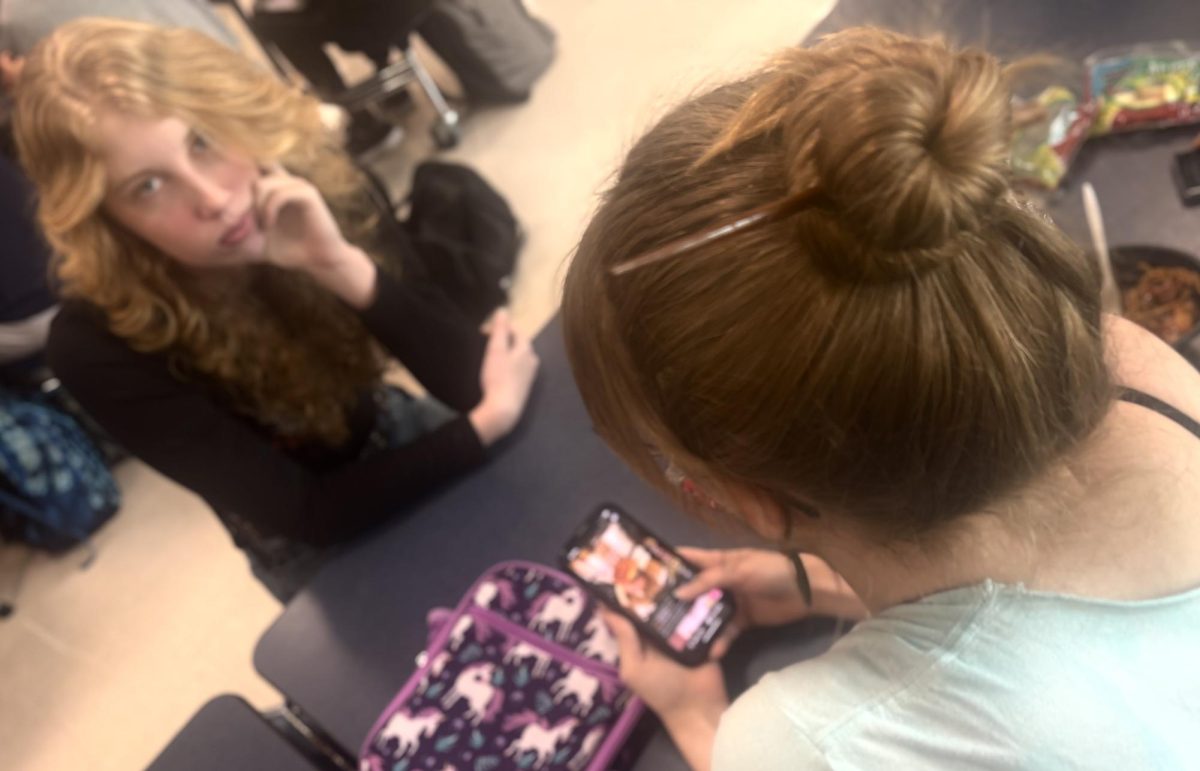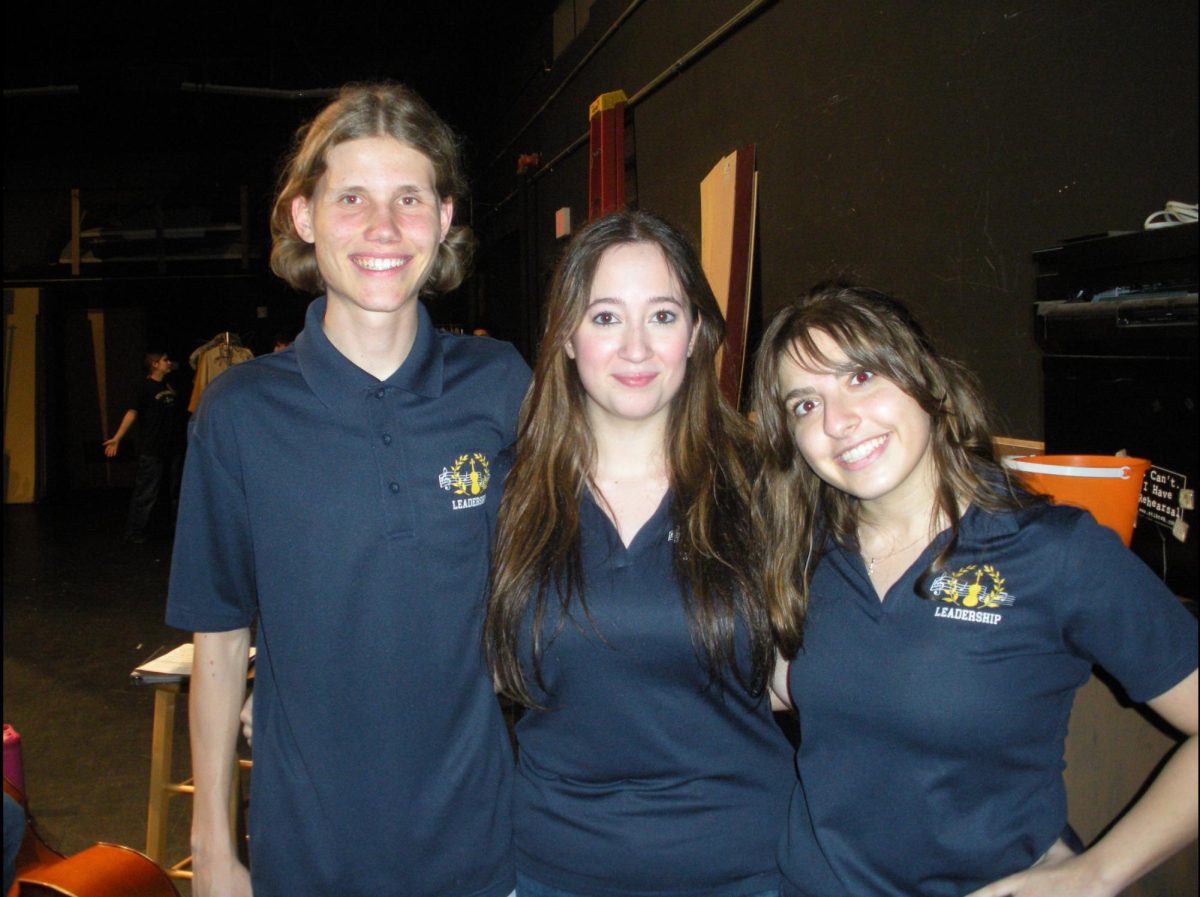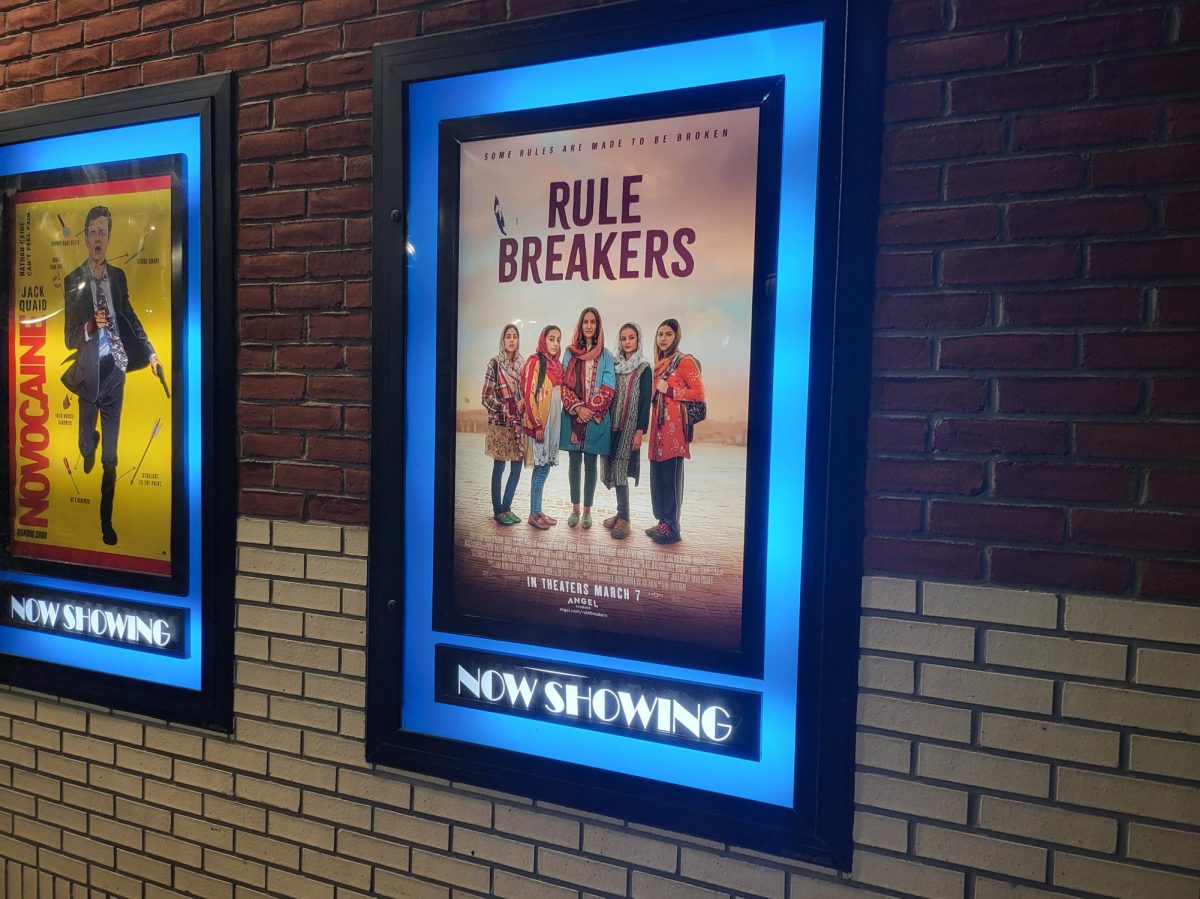Imagine cleaning out a closet for the new school year. But wait, there’s a small cardboard box in the way of the new shirt. Feeling tempted, you open the box, and inside is a treasure trove of old trinkets you once adored. With the new school year starting, many students can’t believe how fast time has gone by.
Whether it’s entering freshman year or approaching the end of senior year in May, every year of high school is a milestone. “I can remember last Ramadan, I had a volleyball tournament, because I was fasting, I thought for sure we were going to lose, and to my surprise we won first place. I feel like I just walked off the court,” said freshman Malak Kaffafy, expressing that time does indeed fly. This feeling is called nostalgia, and it tends to creep up on us as we get older
A recent study from the National Aeronautics and Space Administration (NASA) indicates that the recent condensing of time is, in fact, confirmed. On average, there are 86,400 seconds per day, but lately we’ve been cut short by 1.3 to 1.5 milliseconds. It could be the position of the moon because the lunar distance is constantly changing in its orbit.
However, a 1915 study by Albert Einstein claims that time is rapidly speeding up as the universe gets older, which is supported by the principle of relativity. To summarize, the principle of relativity was first articulated by Galileo Galilei, who asserted that the laws governing physical phenomena are invariant across different frames of reference. This means that whether an observer is at rest or in uniform motion, the same physical laws apply.
Now for the interesting part, psychology. As we age, we process less information, leading to a perception that time passes more quickly due to information processing. Though this isn’t the only reason, our experiences and emotions significantly affect our sense of time; hence the saying “time flies when you’re having fun.” “A memory that sticks with me is last year’s Halloween. I had such a fun time with my friends, and I still feel like I just got home from a long night of running and eating candy,” said freshman Marcela Canaveral.
Psychologist Steve Taylor claims that “The more information our minds take in, the slower time seems to pass.” This theory particularly explains why time passes slowly as a child and gradually speeds up as we age, explaining why Kaffafy and Canaveral’s memories still feel fresh in their minds.
In the end, whether explained by science, psychology, or simple reflection, one thing is certain: time moves faster than it seems. Each memory, milestone, and fleeting moment becomes part of a story that reminds us to slow down and appreciate the present before it too becomes nostalgia.








































